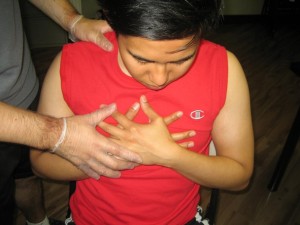Animal dander is known to increase the risk for asthma attacks if the condition is poorly controlled.
The usual trigger is the dander or proteins present in the skin flakes, feces, urine, hair and saliva of animals. These proteins are miniature particles that spread via the air and come in direct contact with the body such as the mouth or nose or even inhaled directly into the lungs. The symptoms might arise right away or delayed for 8-12 hours.
What are the signs of animal dander allergy?
The indications of asthma might include the general asthma symptoms upon exposure to animal dander such as:
- Chronic coughing
- Chest tightness
- Wheezing
- Shortness of breath
Management

The ideal prevention is to avoid exposure to animal dander. Nevertheless, this is not always possible. If the family pet is responsible, exposure could not be avoided. The individual should discuss with the doctor about medications that can be taken beforehand for expected exposure.
How to lessen exposure
Removing the pet from the house and avoiding contact is an effective approach in reducing exposure to animal dander.
In case the animal is removed from the house, it is vital to ensure that all bedding products, carpets, floors and other surfaces are thoroughly cleaned.
If the animal could not be removed, some of the suggestions include the following:
- The pet must stay out of bedrooms and other parts of the house where an individual with asthma spends most of the time.
- The animal must be bathed weekly to lessen the presence of allergens.
- HEPA air filters can be used which lessens the allergens in the house, especially in the bedroom.
- The pet must be kept away from carpets, fabric-covered furniture and stuffed toys.
